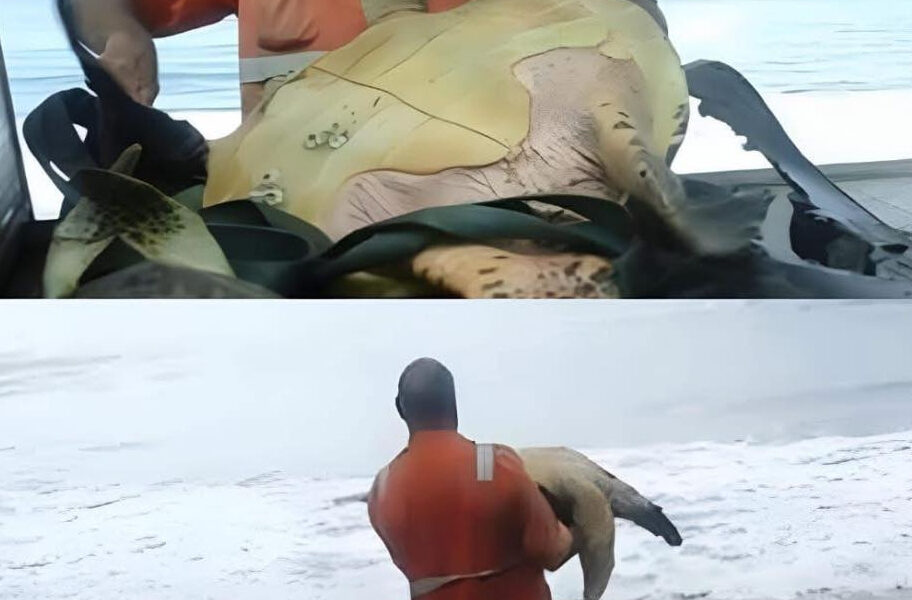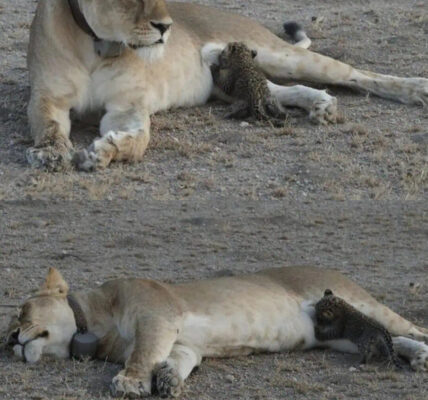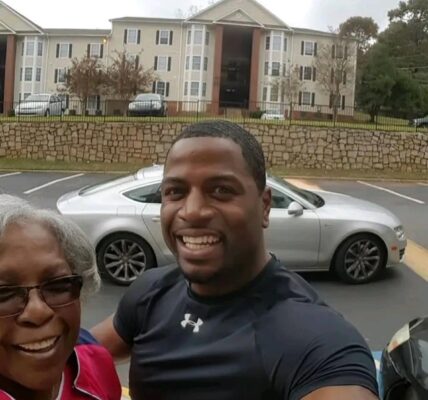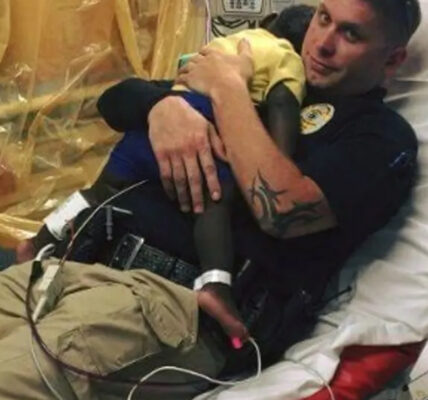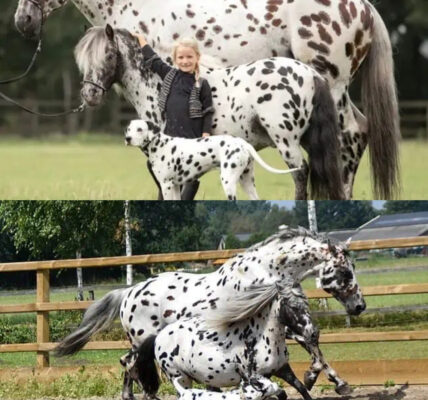
Sometimes, compassion doesn’t roar. It doesn’t stand on a stage or demand applause. Sometimes, it simply walks into a crowded market, lays a few crumpled bills on a counter, and gives life another chance.
That’s what Arron Culling did — again and again.
While working in Papua New Guinea, Arron, a man from New Zealand, stumbled upon something that broke his heart: sea turtles, tied and stacked in local food markets, waiting to be sold for meat. For most, it was a familiar sight — part of daily trade, a custom passed down through generations. But for Arron, it was unbearable.

He saw not just food, but ancient travelers of the sea — creatures that had roamed the oceans for over a hundred million years, long before humans ever drew maps or built cities. They were living history, sacred symbols of endurance and grace. And they were dying for a meal.
So he did the only thing his conscience would allow. He bought them.
Not to eat — but to set them free.
In one post that later went viral, Arron shared photos of two large green sea turtles sitting in the back of his truck, their shells glistening under the sun. He’d paid about $50 for them — the going market price. But instead of driving home, he drove to the shoreline. There, with his co-worker, he carried the turtles to the edge of the surf, placed them gently in the sand, and watched as they crawled toward the waves.
It wasn’t a one-time act. Over the months that followed, Arron and his friend repeated the ritual more than a dozen times — buying turtles from local markets and releasing them back into the wild. Each rescue was quiet, unrecorded, except for a few snapshots and a handful of words. But each one mattered.
“Found these little guys at the local market,” he wrote under one post. “Bought them for $50, drove five kilometers up the road, and let them go.”
The photos spread across the internet within days. Millions of people shared them — not because they were flashy or dramatic, but because they were deeply human. In a world often too busy or too cynical, here was one man who saw suffering and chose to act.
Experts later confirmed what many already knew: sea turtles are among the most endangered animals on the planet. Six of the seven species face serious threats from poaching, pollution, and habitat loss. Every single one rescued is a small but vital victory.

What Arron did wasn’t about numbers or fame. It was about principle. About empathy. About remembering that sometimes the simplest gestures — a purchase, a drive, a release — can ripple across the world like waves from a stone thrown into still water.
There’s no record of how many turtles Arron has saved since those first rescues. But perhaps the number doesn’t matter. What matters is that he saw life in danger and responded with kindness — no bureaucracy, no speeches, just quiet action.
Some heroes wear uniforms. Some hold titles.
And some, like Arron Culling, wear nothing but humility — and leave their mark not in headlines, but in the wake of two turtles swimming free beneath a setting sun.
